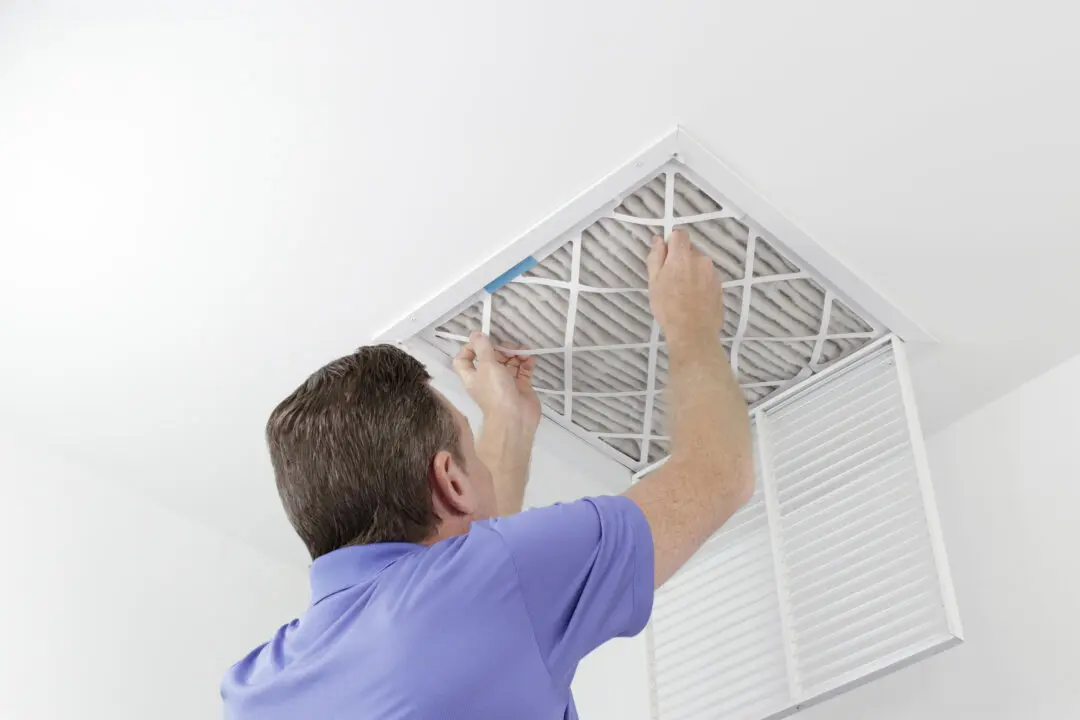By Paul F. P. Pogue
From Ask Angi
Flooring is easy to forget for all the same reasons it’s essential. It’s always there, it’s the part of your house you probably touch the most, and you don’t look at it very often. But high-quality flooring can make the difference between a “pretty good” room and an outstanding one.






